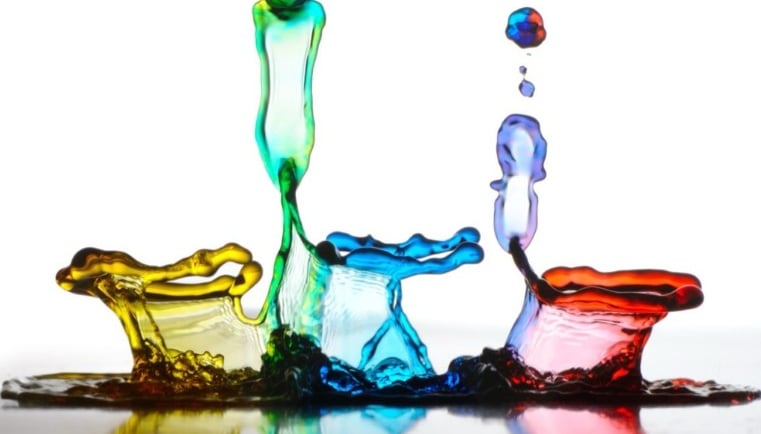Will the Food Dye Ban Affect Cannabis Edibles? Here's What You Need to Know
With the FDA planning to phase out synthetic food dyes by 2027, hemp and cannabis edibles may be impacted. Learn how this could affect THC-infused products and why brands should prepare now.
CANNABIS LEGALIZATION
5/11/20252 min read


Will the Food Dye Ban Affect Cannabis Edibles? Here's What You Need to Know
On May 8, 2025, the federal government announced a major change that could ripple into the cannabis space—especially for hemp-derived edibles.
Under the leadership of Health and Human Services (HHS) Secretary Robert F. Kennedy Jr., a known critic of synthetic additives, the HHS and FDA are moving forward with a plan to phase out petroleum-based food dyes in U.S. products by 2027. The initiative targets several widely used dyes including FD&C Red No. 40, Yellow No. 5, Blue No. 1, and more—dyes frequently found in colorful candies, drinks, and yes, cannabis edibles.
The ban is focused on public health concerns, particularly for children, as these synthetic dyes have long been controversial. However, the cannabis community is wondering: will these regulations apply to infused gummies, beverages, and other edibles?
Hemp vs. Cannabis: A Regulatory Gray Zone
Here's where it gets tricky. Most cannabis products sold in dispensaries are regulated at the state level, not by the FDA. So, in many cases, they may not be directly impacted by this federal dye ban—yet.
But hemp-derived THC products—those made legal under the 2018 Farm Bill—are in a different category. These products, especially in states without a hemp program, fall under USDA jurisdiction. And while the USDA governs hemp cultivation, there are still few clear regulations on end products like gummies and drinks.
This regulatory gap has allowed hemp-derived intoxicating THC products to flourish, often using synthetic dyes to make them more appealing. Now, with the FDA taking a stronger stance on these dyes, questions remain about how hemp-based products will be handled.
When GreenState reached out to the HHS for clarification, the agency directed them to the original press release—which doesn’t address hemp specifically. So for now, there’s no definitive answer.
What Should Cannabis Brands Do Now?
Although it’s uncertain whether hemp edibles will be forced to comply, businesses may want to act now. Reformulating products with natural color alternatives like beet juice, turmeric, or spirulina could not only protect them from future regulatory headaches but also appeal to health-conscious consumers.
Bottom line: this may or may not hit your THC-infused products—but staying ahead of regulation is always a smart move.
Get in touch
Contacts
754-346-4421
book@drboorstein.com
